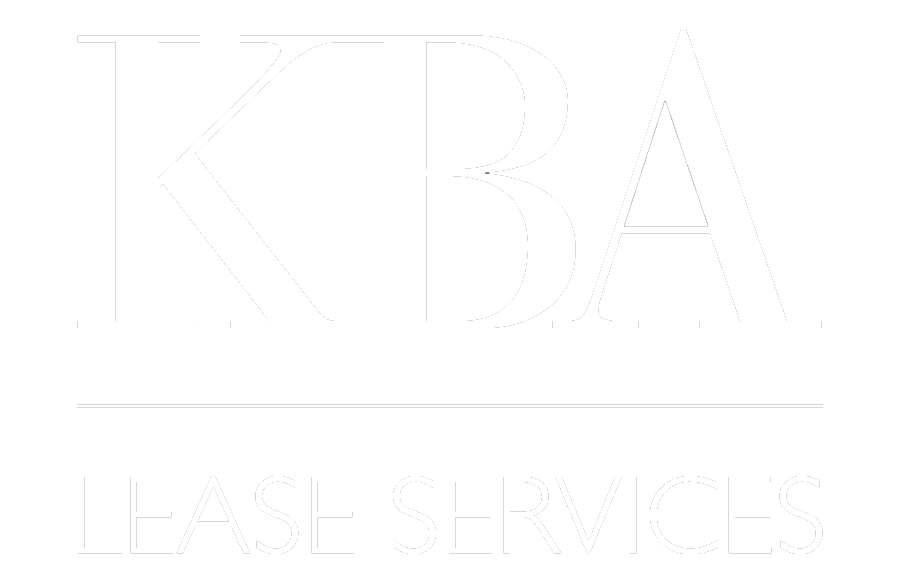Most landlords will retain a CPA firm to prepare their entity’s financial statements and tax returns. In many cases, a segment of these financial statements is delivered to tenants in support of their operating expense pass-through billings. Tenants must be careful to not rely on these statements to protect their rights, because such statements:
- are based on financial or tax standards and not lease standards
- are skewed toward the landlord’s position
- are not tailored to your particular lease
- are not based upon a good understanding of real estate.
The Proper Standard for Issuing Statements
The standards utilized by a CPA when preparing financial statements may vary depending on the intended use of the statements. In general, for investment use, CPAs follow GAAP and other standards issued by the AICPA, FASB and other regulatory bodies. If statements are to be used for income tax purposes, CPAs must follow the IRS’s standards.
From a tenant’s perspective, neither of these is particularly relevant. The tenant wants to know that the expenditures are classified according to its lease, regardless of whether GAAP or the IRS would classify things differently. For example, a tenant’s lease may specifically exclude the cost of all capital expenditures (items that will last for more than one year) from operating expenses. However, both GAAP and the IRS often permit a landlord to expense such replacement costs if the amounts are “immaterial.” For landlords, materiality is viewed in the context of the overall building or building system, so everything except for major capital projects would be considered immaterial and would be allowed.
If the statement of operating expenses provided by the landlord was not specifically prepared for the tenant’s pass-through/escalation billing, it is highly likely that the costs charged to the tenant will not properly reflect those costs permitted by the lease and could result in overbillings to the tenant. Also, for the reasons discussed be
low, even when the CPA does prepare the statements based on the specific lease terms, the tenant should not assume all of the reported costs are correct.
The CPA Firm’s Client is the Landlord, Not the Tenant
The financial statements prepared by the landlord’s CPA firm are usually prepared for the landlord’s use. The certification (if any) is made to the landlord, and although the CPA firm has an obligation to follow the applicable account standards, applying such standards is a question of judgment. The tenant must remember that the CPA firm also has an obligation to consider the interests of its client and that its client is the landlord, not the tenant.
Operating Expense Statements Not Tailored to Your Lease
Although many leases start out on a standard form, most are negotiated and become unique. A building with 20 different tenants can have 20 different rent escalation clauses.
Even though the operating expense statements may be specifically prepared for use in billing tenant pass-throughs, they are usually based on the building’s standard lease form and do not take these variations into account.
Financial Statement Not Prepared by Real Estate Experts
Most CPAs are not real estate lease experts. As a result, many of the operating expense statements that are issued by CPA firms do not consider the nuances of real estate leasing. These nuances frequently affect the expenses billed to the tenant because many charges do not fit neatly into the definitions in the lease. It takes skilled judgment to identify, understand and treat these nuances properly.
Conclusion
Even though an operating or tax escalation bill may be accompanied by a financial statement certified by the landlord’s CPA firm, the tenant should understand the limitations of such statements and should not blindly accept them as valid or accurate for purposes of substantiating tenant charges. We have seen countless examples of incorrect pass-throughs based on financial statements certified as “correct” by landlords’ CPA firms.
